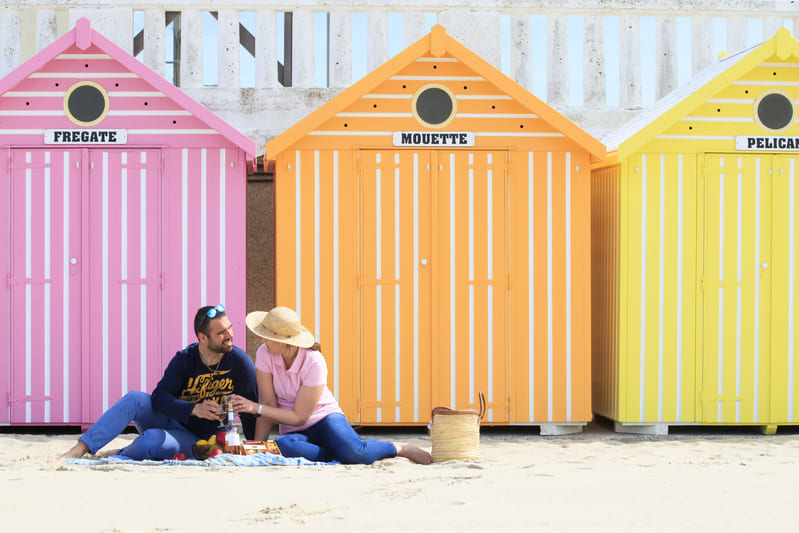Around Louvre-Lens
Nécropole Nationale Notre-Dame de Lorette
Ablain-Saint-Nazaire
This site contains the largest number of individual military graves in France: 22970 tombs and the remains of 22000 unknown soldiers gathered in 8 ossuaries. It was one of the main battlefields of the First World War in Artois and a strategic outcrop occupied by the Germans from the start of the conflict. The hill of Notre-Dame-de-Lorette was the scene of terrible fighting until it was teken back by the French in May 1915. Losses were so great that it was renamed « the hill of the 100,000 dead ».
Tel 00 33 (0)3 21 29 30 62
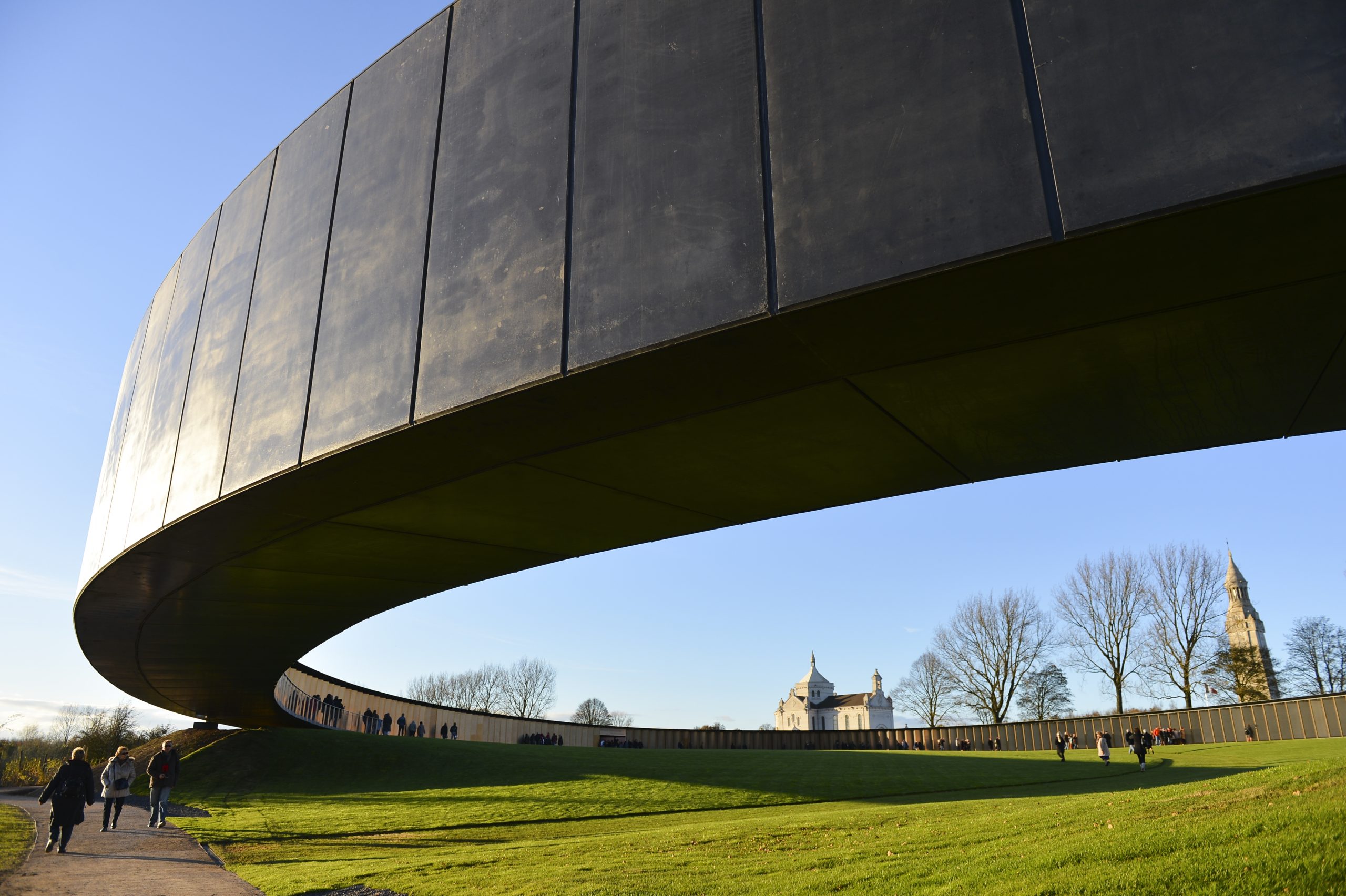
Ring of Remembrance
Ablain-Saint-Nazaire
The International Memorial was inaugurated on 11 November 2014. This ellipse-shaped monument is one of the largest memorials in the world, as it brings together 580,000 names presented in alphabetical order without distinction by nationality, thereby uniting friend and foe of yesteryear.
Tel 00 33 (0)3 21 67 66 66 (Lens Tourist Office)
Musée Vivant 1914-1918
Ablain-Saint-Nazaire
The museum presents more than 3000 items from its collection along with reconstructions of underground shelters. The battlefield is covering 3 hectares, with more than 1000m of trenches in their original locations.
Tel: 00 33 (0)3 21 45 15 80
Arras Belfry
Arras
Listed by UNESCO as a world heritage site, 55 metres up you can explore this viewpoint over the city and its surrounding countryside. (Access to the first level by lift + 43 steps)
Tel 00 33 (0)3 21 51 26 95
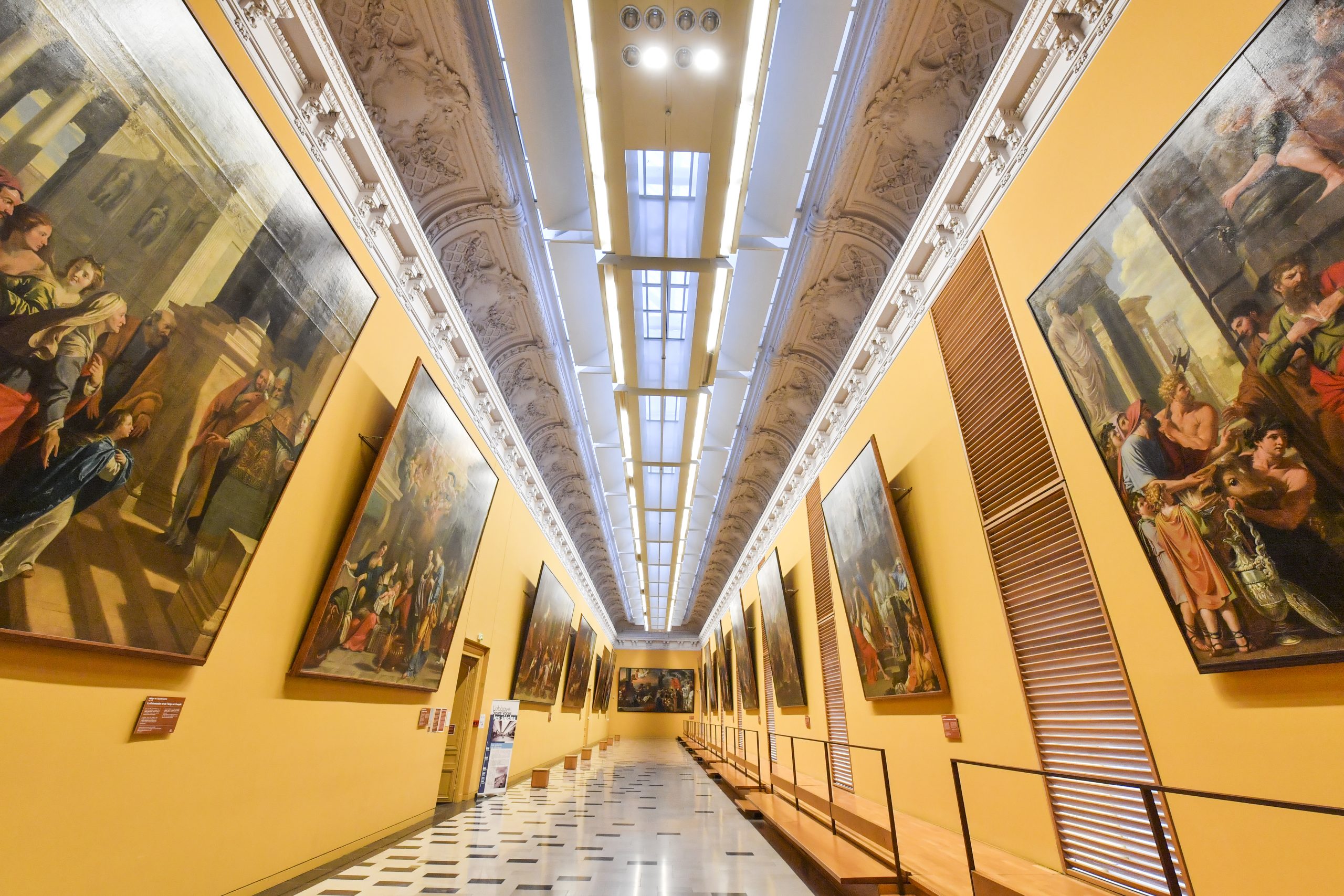
Musée des Beaux Arts
Arras
The Arras Museum of Fine Arts, which occupies a large section of the Saint-Vaast Abbey, displays a unique set of French religious paintings from the XVIIth century including seven “Mays” from Notre Dame Cathedral in Paris. The museum also holds the finest testimonies of Arras’ history: Medieval sculptures, XVIIIth century Arras porcelains, landscape paintings by the Arras School and a unique example of the high-warp tapestries (Arrazi) that made the town’s reputation in the XVth century.
Tel : 00 33 (0)3 21 71 26 43
Saint-Germain Brewery
Aix-Noulette
This brewery has been producing the famous craft beer “Page 24” for 18 years
You will discover, during a guided tour, the beer making process and the new distillery.
The visit (1 h) ends with beers and spirits tastings.
Tel 00 33 (0)3 21 72 24 24
Cité Nature
Arras
Cité nature is a cultural and scientific centre, which will give you all the answers to all the questions you may have about food, agriculture, nature and health through permanent and temporary exhibitions.
Tel 00 33 (0)3 21 21 59 59
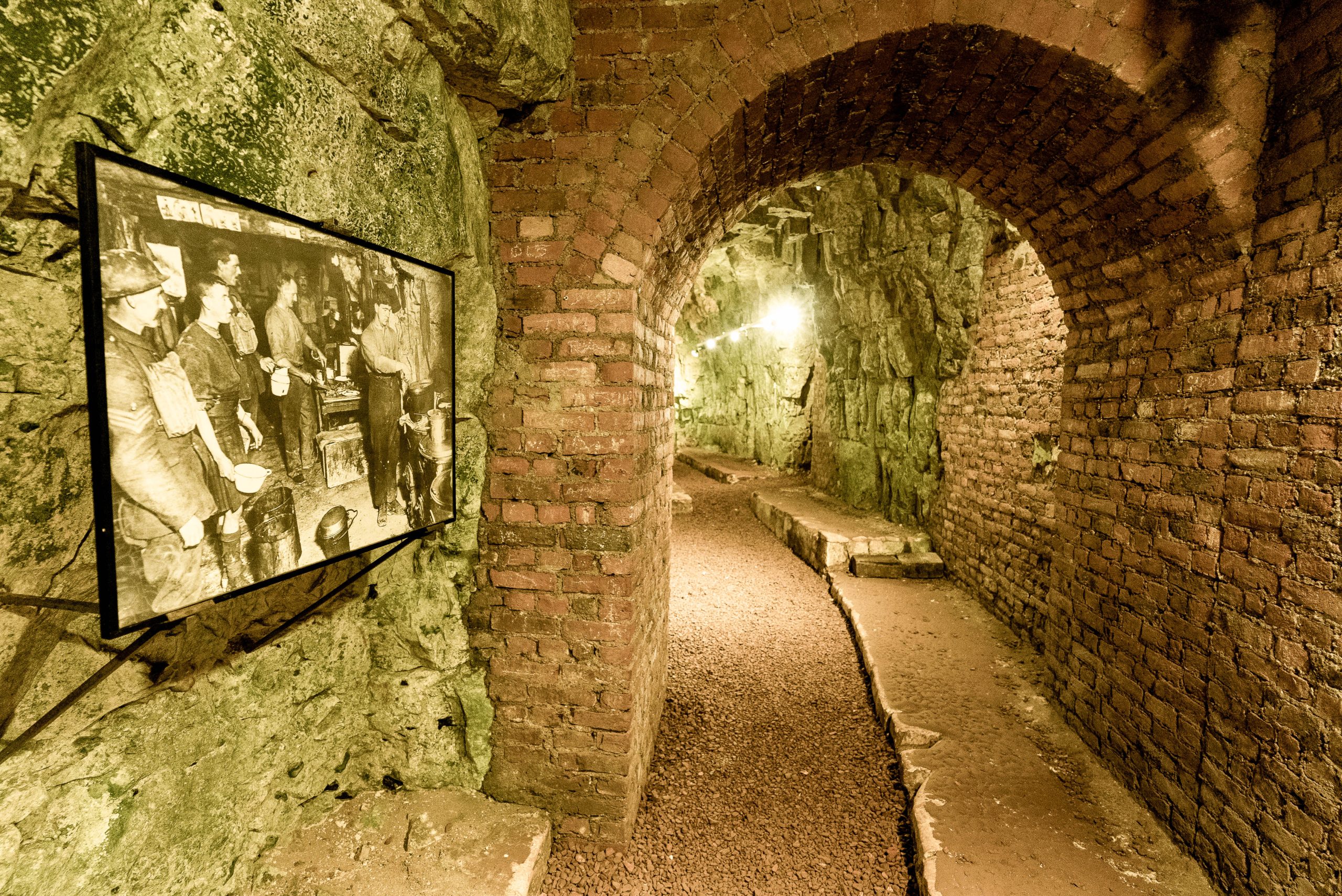
Les Boves underground tunnels
Arras
Discover an unusual route through the oldest quarries in the region, which have supplied stone to the major construction sites of Arras since the tenth century.
Guided tours compulsory. Regular departures from 10am.
Tel 00 33 (0)3 21 51 26 95
Wellington Quarry, memorial to the battle of Arras
Arras
Beneath the cobblestones of Arras lie some impressive chalk quarries, dug out since the Middle Ages. In Nov 1916, the Allies prepared a diversionary operation in advance of the Chemin des Dames attack. A stroke of genius by the British: link these quarries together so that the Allied soldiers could emerge from this underground network and drive back the German front. A historic interpretation film, then a descent down a glass fronted lift and, 20 metres further on, you find yourself walking in the footsteps of those Great War soldiers.
The visits are always audio-guided and accompanied by a guide.
Maximum of 17 people per guide. Regular departures
Tel 00 33 (0)3 21 51 26 95
Faubourg D'Amiens british Cemetery
Arras
The British cemetery holds 2,652 graves. The names of the 35,942 soldiers who fell in the Arras sector and whose bodies were never found are written on the walls of the memorial. A privileged area is devoted to the Royal Flying Corps, an ancestor of the RAF. At the top of the obelisk, a globe shows the inclination of the world on the morning of the Armistice on 11 Nov 1918.
Tel 00 33 (0)3 21 51 26 95
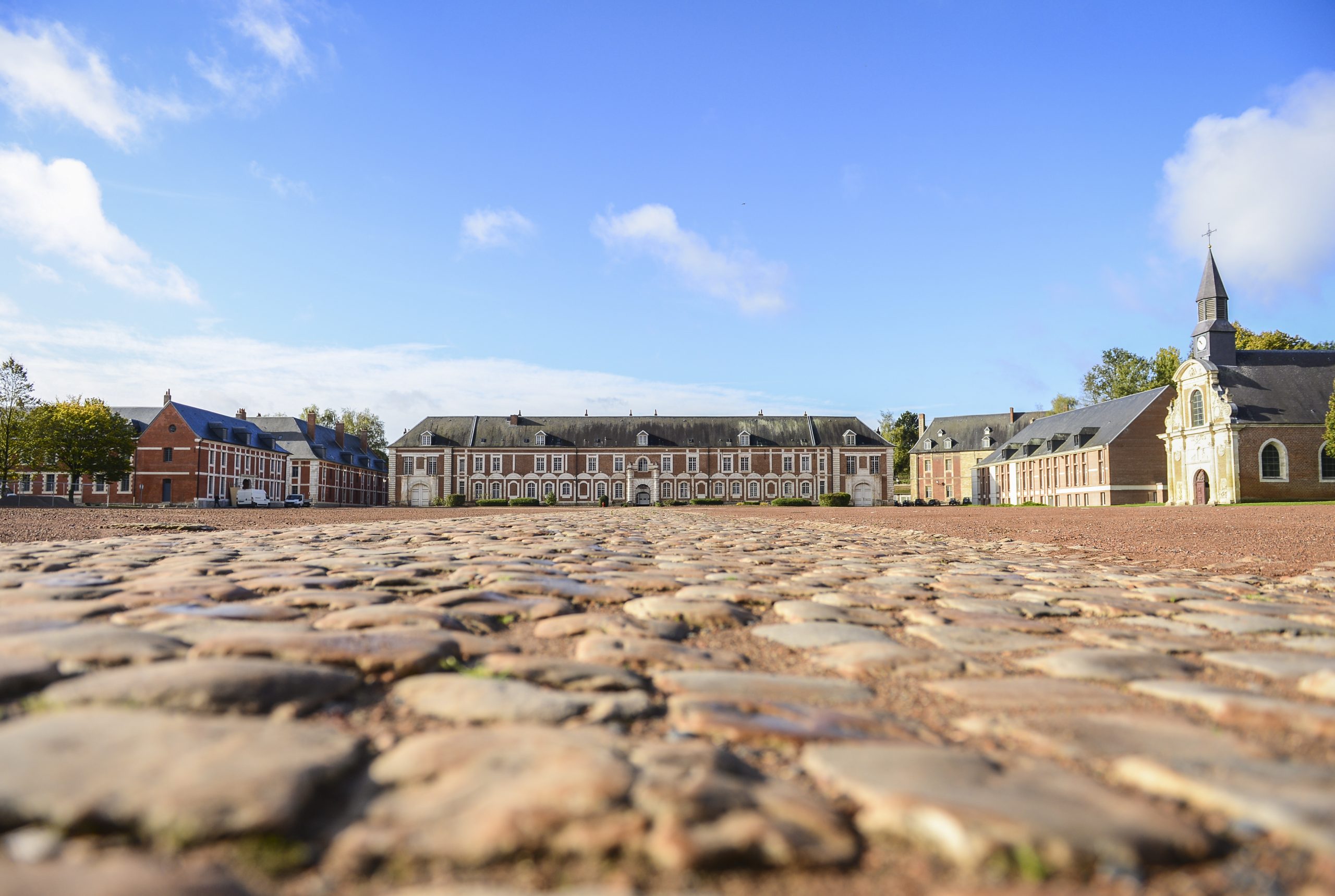
The Citadelle
Arras
Built between 1668 and 1672 to the plans of the architect Vauban, the Citadel is a fine example of XVIIth century military architecture. Surrounding the Place d’Armes, a series of barracks, the arsenal and a Baroque-style chapel complete the complex. Outside the enclosure, the “Mur des Fusillés” pays tribute to the 218 Resistance members who were shot in the defensive ditches of the Citadel during the Second World War. Vauban’s fortifications, comprising the Citadel and eleven other sites, are listed to UNESCO World Heritage Sites.
Tel 00 33 (0)3 21 51 26 95
